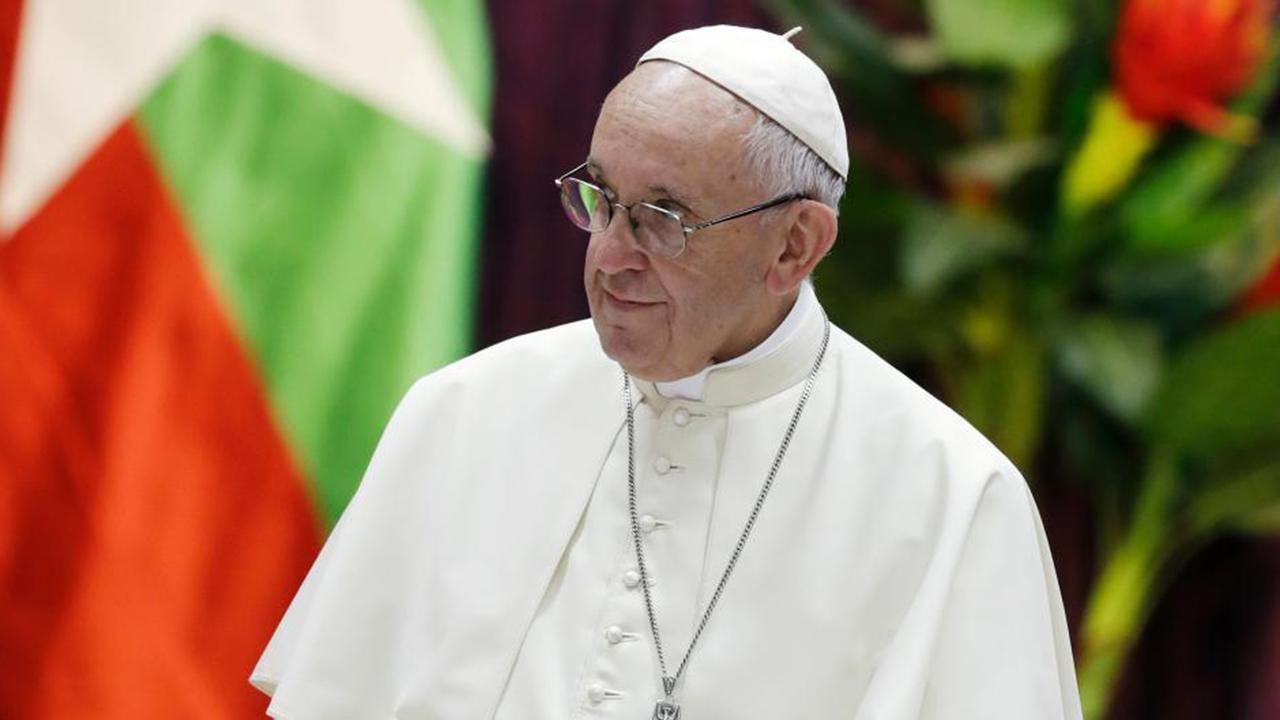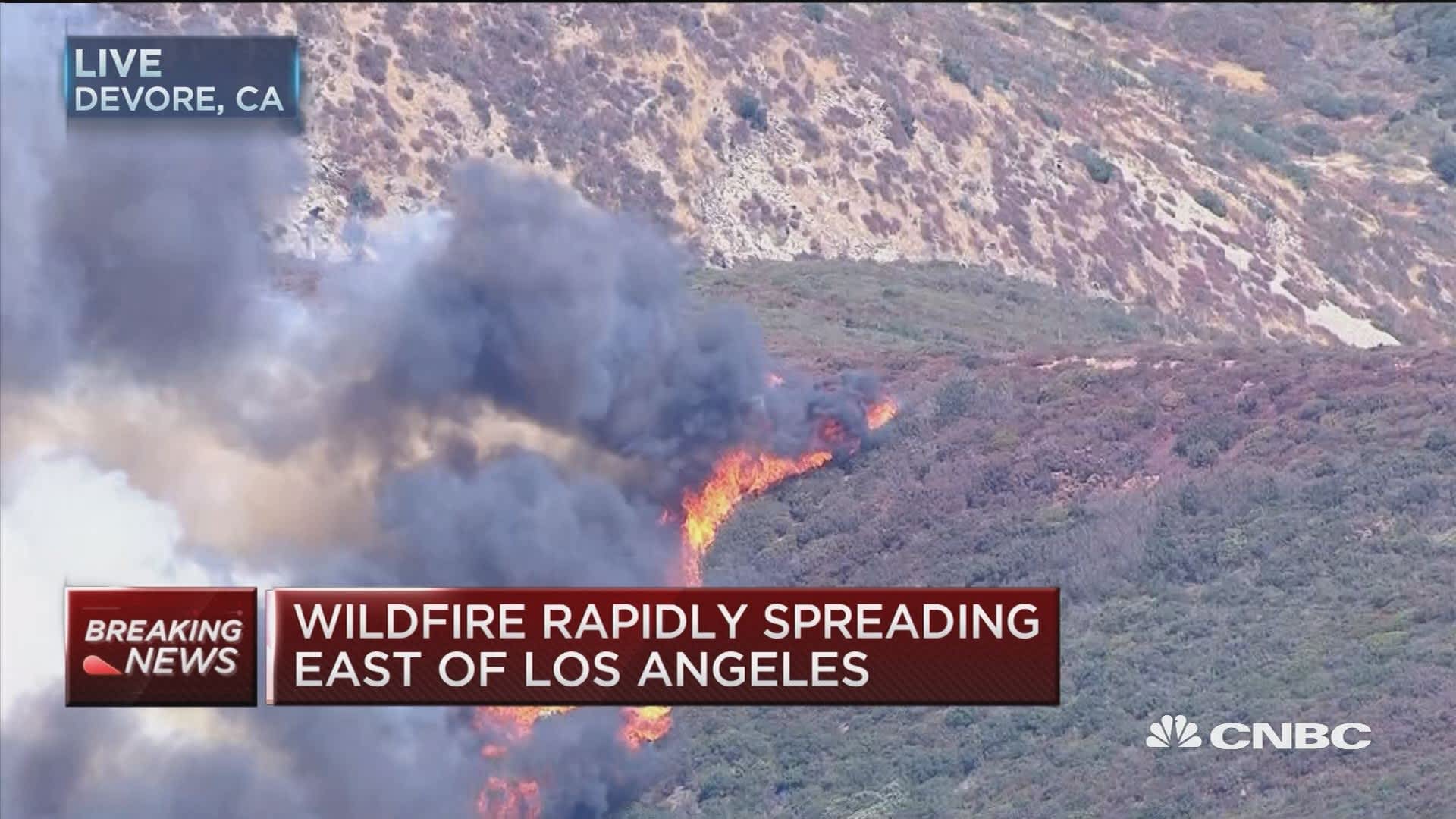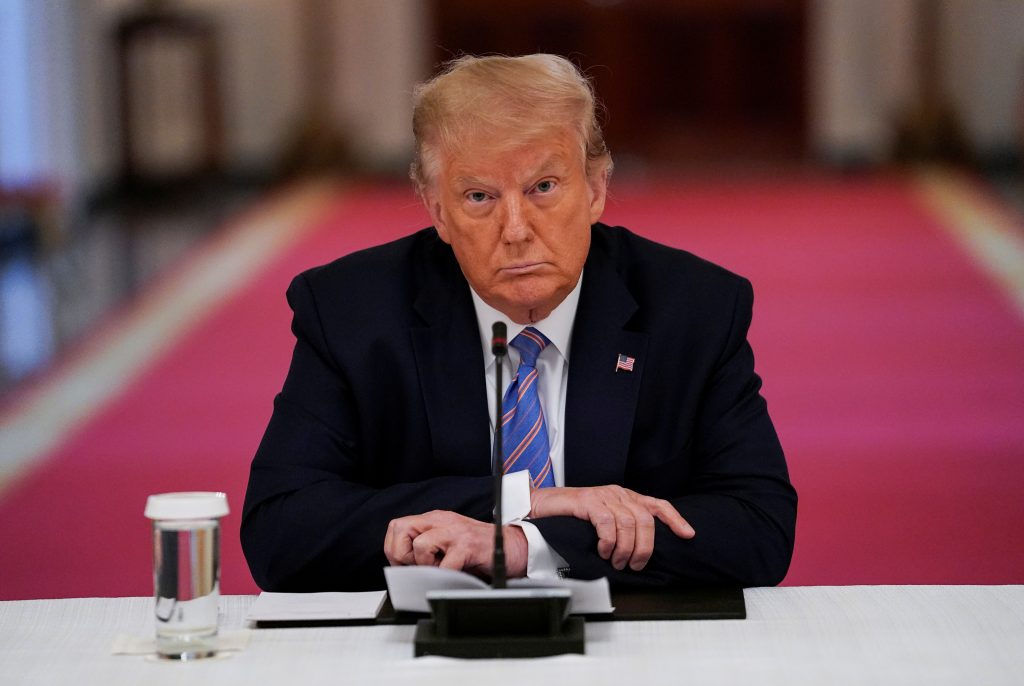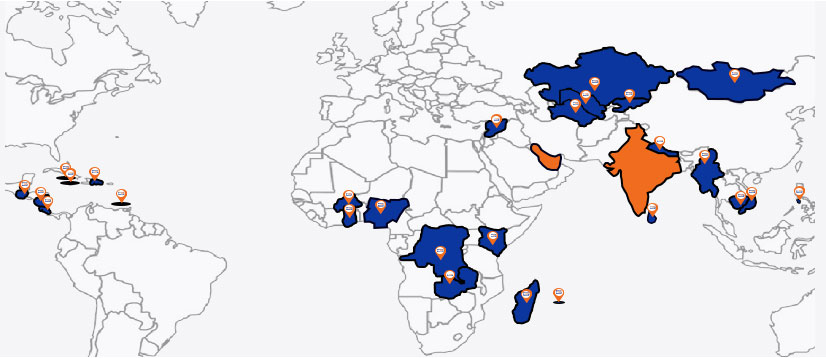The Passing Of Pope Francis: Reflecting On A Compassionate Papacy

Table of Contents
Pope Francis's Emphasis on Social Justice and Compassion
Pope Francis's papacy was undeniably defined by his unwavering commitment to social justice. His encyclicals, Laudato Si' (on care for our common home) and Evangelii Gaudium (on the proclamation of the Gospel in today's world), serve as cornerstones of his pontificate, outlining a vision of a more just and compassionate world. These documents, alongside numerous speeches and addresses, solidified his image as a Pope deeply concerned with the plight of the poor and marginalized. The legacy of Pope Francis will be inextricably linked to his passionate advocacy for the vulnerable.
- Strong advocacy for the poor and marginalized: Pope Francis consistently championed the rights of the poor, refugees, and the homeless, calling for systemic change to address poverty and inequality. He frequently visited impoverished communities, reminding the world of its moral obligation to care for the most vulnerable members of society.
- Focus on environmental protection and climate change: Laudato Si' presented a powerful argument for environmental stewardship, highlighting the interconnectedness of social justice and ecological responsibility. His call for action on climate change resonated globally, urging governments and individuals to adopt sustainable practices.
- Emphasis on interfaith dialogue and reconciliation: Pope Francis fostered interfaith dialogue and understanding, promoting peace and cooperation between different religious communities. He actively engaged with leaders from various faiths, working towards mutual respect and collaboration.
- Compassionate approach to issues like immigration and refugees: He consistently advocated for humane treatment of migrants and refugees, criticizing policies that marginalize and dehumanize them. His words and actions offered a powerful message of welcome and solidarity.
- Critiques of capitalism and economic inequality: Pope Francis openly criticized unchecked capitalism and the widening gap between the rich and the poor, calling for economic systems that prioritize human dignity and social justice. His pronouncements challenged conventional economic thinking and promoted alternative models of development.
Reforming the Catholic Church: Modernizing and Inclusivity
Pope Francis’s attempts to reform the Catholic Church were significant and multifaceted. His emphasis on “synodality,” a process of collaborative decision-making, aimed to foster a more participatory and inclusive Church. However, the implementation of these reforms faced resistance in some quarters, highlighting the complexities of institutional change within a hierarchical structure. The death of Pope Francis leaves questions regarding the future of his modernization efforts.
- Emphasis on synodal processes for decision-making within the Church: Pope Francis promoted a more bottom-up approach to governance, encouraging dialogue and participation from all levels of the Church. Synods and consultations became central to his approach to addressing important issues.
- Initiatives to increase participation of women in the Church: While not achieving full equality, Pope Francis acknowledged the vital role of women in the Church and advocated for their increased participation in leadership and decision-making roles.
- Open dialogue on issues concerning LGBTQ+ individuals within the Church: While maintaining the Church's traditional doctrine, Pope Francis encouraged a more compassionate and understanding approach to LGBTQ+ individuals, calling for greater pastoral care and inclusion.
- Addressing clerical abuse and accountability within the Vatican: Pope Francis took a strong stance against clerical abuse, establishing mechanisms for accountability and encouraging greater transparency in addressing these crimes.
- Efforts to promote greater transparency and accountability within the Church: He worked to address corruption and financial mismanagement within the Vatican, implementing reforms aimed at improving governance and financial transparency.
Global Impact and Interfaith Relations
Pope Francis played a significant role in global diplomacy, utilizing his position to advocate for peace and international cooperation. His numerous international trips and meetings with world leaders demonstrated his commitment to addressing global challenges collaboratively. The passing of Pope Francis leaves a void in global peace initiatives.
- His numerous international trips and meetings with world leaders: Pope Francis traveled extensively, engaging in diplomatic efforts to resolve conflicts and promote peaceful coexistence.
- His efforts to foster peace in conflict zones: He actively intervened in several conflict zones, calling for peace and reconciliation and working to alleviate suffering.
- His advocacy for nuclear disarmament: Pope Francis consistently advocated for the abolition of nuclear weapons, calling for a world free from these devastating instruments of war.
- His strong emphasis on interfaith dialogue and cooperation: He fostered dialogue and understanding between different religious communities, promoting respect and mutual cooperation.
- His influence on global ethical discussions: His pronouncements on issues such as climate change, poverty, and inequality influenced global ethical discussions and spurred action.
Conclusion
The passing of Pope Francis marks the end of a transformative papacy. His emphasis on compassion, social justice, and Church reform will undoubtedly leave a lasting impact on the Catholic Church and the world. His legacy will continue to be debated and analyzed for years to come, but his profound commitment to the poor and marginalized, coupled with his attempts to modernize and reform the institution, will remain central to his story. The death of Pope Francis prompts us to consider his contributions to the modern world.
Let us remember the legacy of Pope Francis and continue to strive for a world that reflects his values of compassion and social justice. Further explore the life and impact of Pope Francis through reputable news sources and theological discussions. Let the passing of Pope Francis inspire continued dedication to his ideals.

Featured Posts
-
 Hollywood Production Grinds To Halt As Actors Join Writers Strike
Apr 22, 2025
Hollywood Production Grinds To Halt As Actors Join Writers Strike
Apr 22, 2025 -
 Los Angeles Wildfires Fuel A Disturbing New Betting Trend
Apr 22, 2025
Los Angeles Wildfires Fuel A Disturbing New Betting Trend
Apr 22, 2025 -
 Trump Administration Escalates Harvard Funding Dispute With 1 Billion Cut
Apr 22, 2025
Trump Administration Escalates Harvard Funding Dispute With 1 Billion Cut
Apr 22, 2025 -
 1 Billion More In Harvard Funding Cuts Planned By Trump Administration
Apr 22, 2025
1 Billion More In Harvard Funding Cuts Planned By Trump Administration
Apr 22, 2025 -
 Mapping The Countrys Emerging Business Hotspots
Apr 22, 2025
Mapping The Countrys Emerging Business Hotspots
Apr 22, 2025
